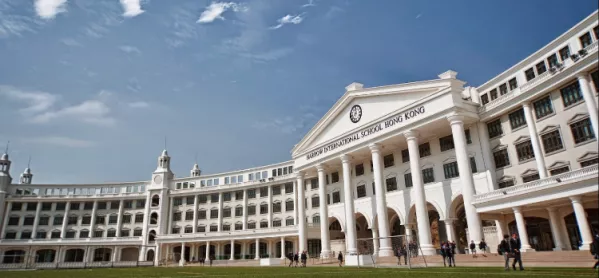UK boarding schools experiencing ‘unprecedented’ growth abroad
Share
UK boarding schools experiencing ‘unprecedented’ growth abroad
https://www.tes.com/magazine/archive/uk-boarding-schools-experiencing-unprecedented-growth-abroad

The UK’s boarding schools are educating almost as many children overseas as they are teaching international students in their own classrooms, new research has shown.
A study by the British Council shows that the rise in the number of overseas students is a result of an “unprecedented” growth in elite public schools opening branches abroad.
UK boarding schools established five further branches overseas just this year alone, bringing the number of boarding school outposts to 44.
The schools collectively educate 24,710 students, which the British Council states is “fast catching up” with the 27,211 international pupils taught in boarding schools in the UK.
The figures reveal a strong appetite for a UK-style private education overseas, particularly in East Asia.
The enthusiasm for such schools has led the likes of Dulwich College to open outposts in Beijing, Shanghai, Suzhou, Seoul and Singapore, while Harrow has schools in Hong Kong, Beijing and Bangkok, with plans to open another in Shanghai in 2016.
The British Council’s report, Global expansion of UK boarding schools: a study of branch campuses, states that the growth is also due to the rise of the middle class in Asia, as well as the numbers of British expatriates.
The research also suggests that the rise in overseas schools is a result of the “demise of UK-assisted places scheme, meaning schools needed to fund their own bursaries”.
Anna Esaki-Smith, author of the report, said the findings revealed the attraction that a UK-style education had to many families overseas.
“The priority given to education rises alongside the growth of the global middle class,” Ms Esaki-Smith said. “Thus, the expansion of UK boarding schools overseas is a reflection of not only that correlation, but also the belief that a UK-style education provides a quality academic experience.”
You've reached your limit of free articles this month. Subscribe for £1 per month for three months and get: